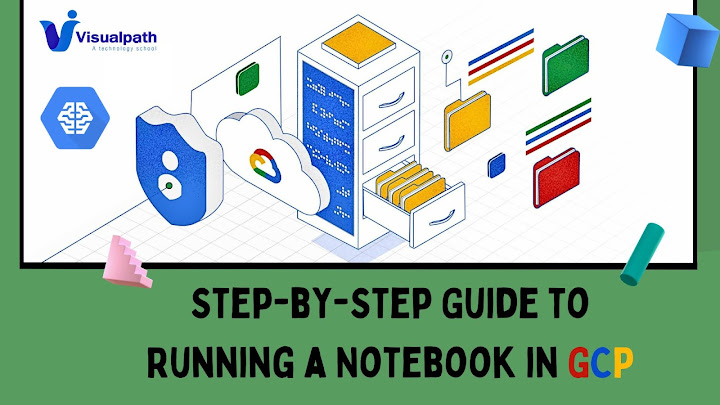Step-by-Step Guide to Running a Notebook in GCP

Running a notebook in Google Cloud Platform (GCP) involves using Google Cloud's AI and Machine Learning tools, particularly Google Colab or AI Platform Notebooks. Here are the key steps and best practices for running a notebook in GCP: GCP Data Engineering Training Step-by-Step Guide to Running a Notebook in GCP 1. Using Google Colab Google Colab provides a cloud-based environment for running Jupyter notebooks. It's a great starting point for quick and easy access to a notebook environment without any setup. · Access Google Colab : Visit Google Colab. · Create a New Notebook : Click on "File" > "New notebook". · Connect to a Runtime : Click "Connect" to start a virtual machine (VM) instance with Jupyter. · Run Code Cells : Enter and run your Pyt...


